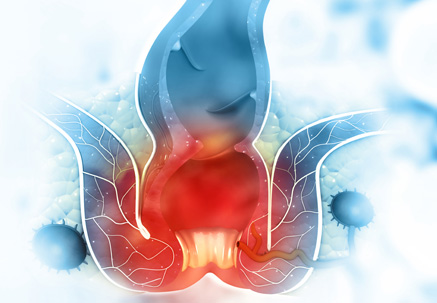What are the possible complications of rectal bleeding?
The effects of rectal bleeding are dependent on the amount of blood loss and how long it has been going on for. It is possible to lose small amounts of blood and not have significant symptoms because your body can initially compensate for the loss. However, if you continue to lose blood persistently and continuously, it can ultimately result in symptoms of weakness, confusion, dizziness, faints and ultimately could be life-threatening.
How is rectal bleeding investigated?
When you are seen by a colorectal specialist, they normally assess where the bleeding is coming from firstly by taking a history and examining you for the possible source of bleeding. Examination may include endoscopic tests such as upper endoscopy (EGD) or lower endoscopy (anoscopy, flexible sigmoidoscopy or colonoscopy). The colorectal specialist may also perform x-ray tests as a guide to find the source of bleeding in addition to blood or stool examinations.
How is rectal bleeding treated?
The treatment of rectal bleeding is dependent on the source of the bleeding. Contacting a colorectal specialist will enable them to work out which of the possible causes is a source of your bleeding and what the best methods might be to stop the bleeding from continuing.
When to contact my doctor/see the specialist?
If you have persistent bleeding which is either occurring continuously or on multiple occasions, it is important to have that assessed by a colorectal specialist to prevent excessive blood loss which can ultimately be life threatening and to rule out the more serious causes of bleeding including colorectal cancer
